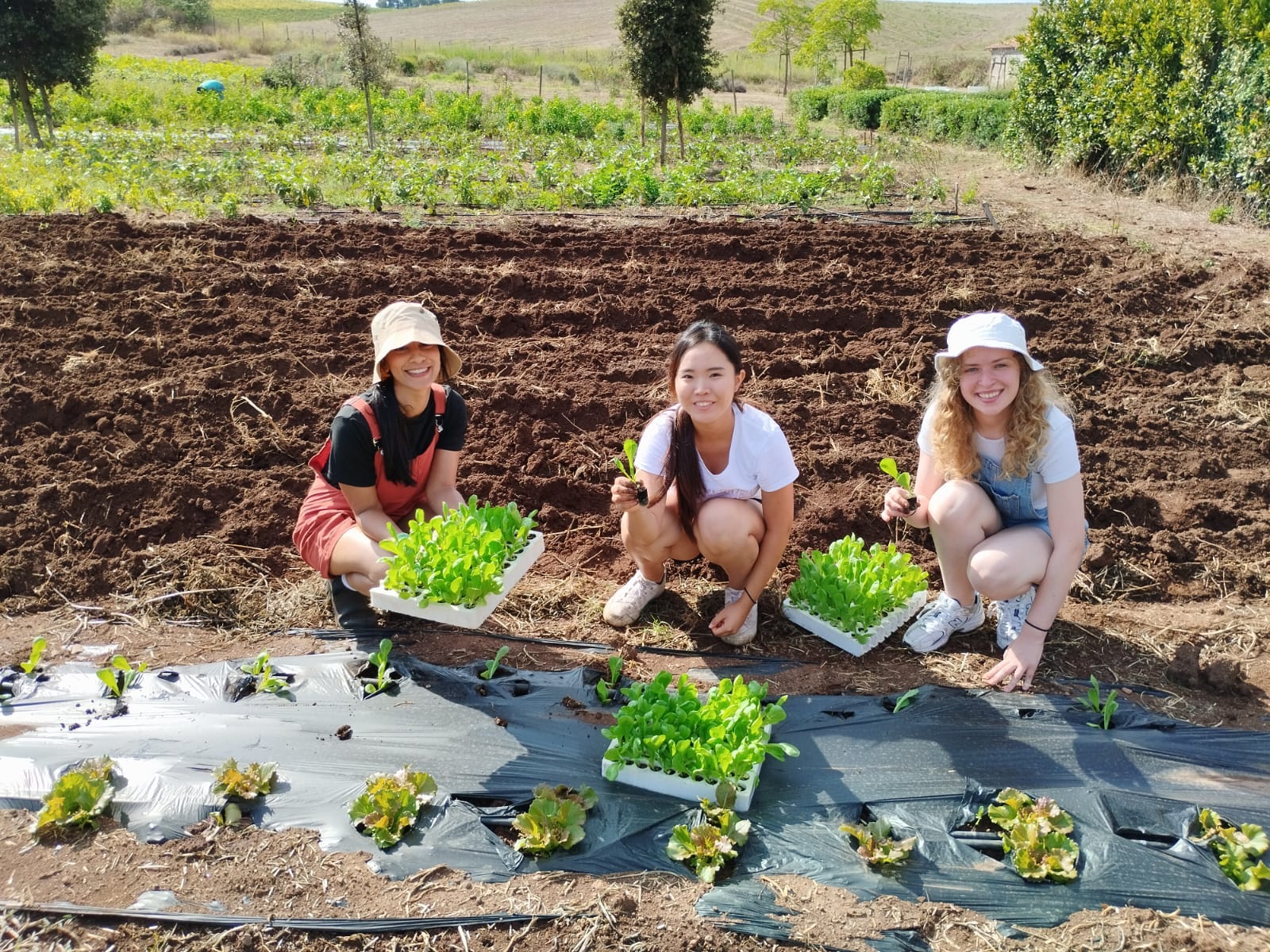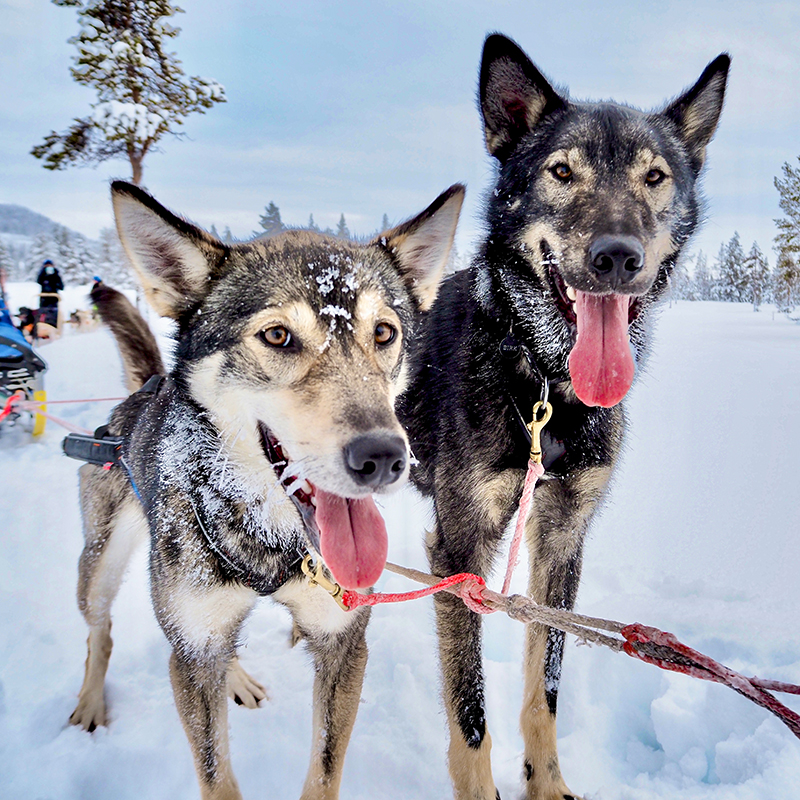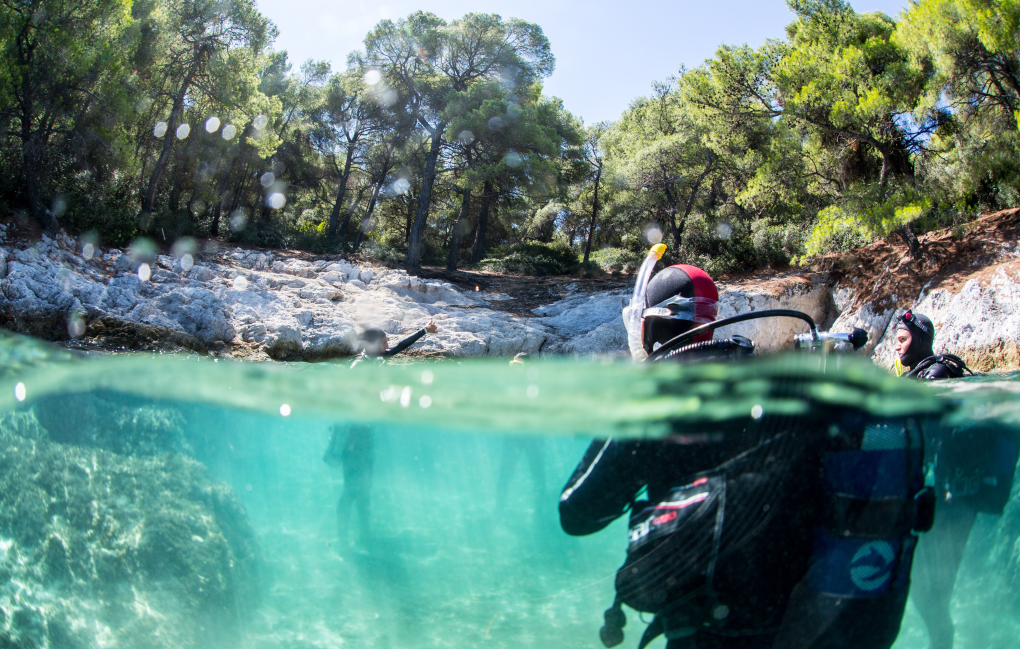Résultats missions pour pays d'action : Europe, domaine : Toutes les activités
Type d’activité : Toutes les activités

Notre guide gratuit « Comment choisir la bonne organisation de volontariat ? » vous aide à trouver la mission qui vous correspond. Vous le recevez lorsque vous envoyez le formulaire de contact à la fin de chaque page projet.
Volunteer in the heart of Rome to support sustainable farming and social inclusion. Work with urban gardens and nurseries to plant, harvest, compost, and lead eco-workshops. Help empower refugees, migrants, young people at risk, and people with disabilities through creative events and agriculture. Experience meaningful travel that nourishes communities and the planet.
Type d‘activité: Agriculture
Durée minimale: 2 semaines
Durée maximale: 3 mois
Age minimum: 18 ans
Age maximum: pas d'âge maximum
Type d‘activité: Ecovolontariat
Durée minimale: 2 semaines
Durée maximale: 3 mois
Age minimum: 18 ans
Age maximum: pas d'âge maximum
Type d‘activité: Missions avec animaux et vétérinaires
Durée minimale: 2 semaines
Durée maximale: 1 an
Age minimum: 16 ans
Age maximum: pas d'âge maximum
Join this immersive marine conservation project for 1 or 2 weeks earning your PADI diving certification as you clear debris from pristine waters surrounding Alonissos. Work closely with local experts to safeguard endangered monk seals, turtles, dolphins, and seabirds. Contribute to vital marine research, coral surveys, and beach clean-ups while living in Greece's largest national marine park.
Type d‘activité: Ecovolontariat
Durée minimale: 2 semaines
Durée maximale:
Age minimum: 18 ans
Age maximum: pas d'âge maximum
The people living here have no opportunity to participate in gardening activities because most of them live in apartment blocks between four and ten stories high and have no access to green spaces. However, the desire for such spaces is great, which is why this project was launched to create a community garden that everyone can enjoy and take part in.
Type d‘activité: Agriculture
Durée minimale: 4 semaines / 1 Mois
Durée maximale: 1 an
Age minimum: 15 ans
Age maximum: pas d'âge maximum
Type d‘activité: Missions avec animaux et vétérinaires
Durée minimale: 2 semaines
Durée maximale: 3 mois
Age minimum: 18 ans
Age maximum: pas d'âge maximum
Volunteer in rural Croatia to care for horses and assist in therapeutic riding sessions for children with disabilities. Support stable maintenance, horse grooming, feeding, and event preparation at a historic equestrian club. Gain meaningful animal-care experience, support inclusive programs, and help preserve a unique cultural tradition in Sinj.
Type d‘activité: Missions avec animaux et vétérinaires
Durée minimale: 2 semaines
Durée maximale: 3 mois
Age minimum: 18 ans
Age maximum: pas d'âge maximum
Whales and dolphins are still threatened by human activities. Join the dolphin and whale project in Tenerife to help protect them: collect research data on short-finned pilot whales and bottlenose dolphins and promote responsible whale watching – all while experiencing unforgettable moments aboard a hybrid boat.
Type d‘activité: Missions avec animaux et vétérinaires, Ecovolontariat
Durée minimale: 2 semaines
Durée maximale: 1 an
Age minimum: 16 ans
Age maximum: pas d'âge maximum
Are you inspired by the extraordinary beauty of the Greek islands and looking for a way to help protect endangered marine life? Then join our international team of volunteers on the island of Kefalonia on a research-based sea turtle conservation project. You can choose between Lixouri and Argostoli - or do both!
Type d‘activité: Ecovolontariat
Durée minimale: 2 semaines
Durée maximale: 4 semaines / 1 Mois
Age minimum: 18 ans
Age maximum: pas d'âge maximum
Type d‘activité: Ecovolontariat
Durée minimale: 2 semaines
Durée maximale: 4 semaines / 1 Mois
Age minimum: 18 ans
Age maximum: 70 ans










